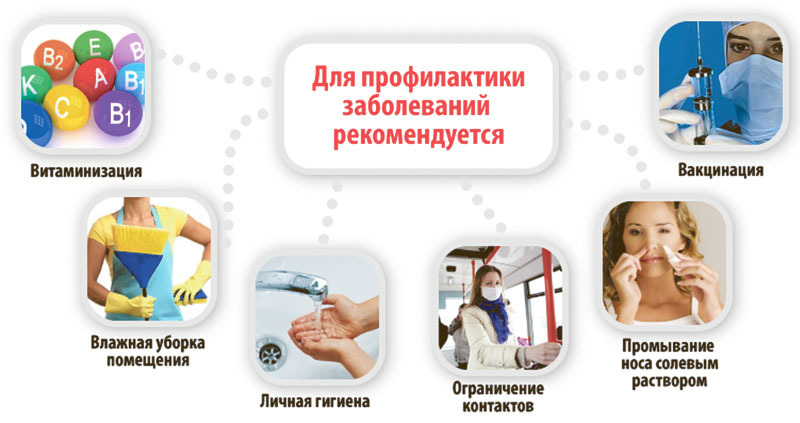Cytomegalovirus infection in children

Cytomegalia is a specific disease that can significantly complicate life not only for the child, but also for his parents. The difficulty lies in the fact that if a child has a cytomegalovirus infection in the first months of life, then it can end in a lethal outcome.
In a number of cases, the cytomegalovirus infection is transmitted to the child from the mother, and the child becomes infected while still in the prenatal state. Therefore, if parents want their child to be born without this infection, it is advisable at the planning stage to submit the necessary tests.
Quite often, the cytomegalovirus infection in the infected person's body is in a latent state and therefore the carrier mother of this infection may not even suspect that she has cytomegalovirus, but often having conceived a child, the mother has to "share" the cytomegalovirus with the baby.
If the fetus is infected in the early stages, the risk of spontaneous miscarriage, as well as intrauterine fetal death, increases at times. Even if the infected fetus does not die, then because of infection in the future it can develop quite serious vices. If the fetus is infected at a later date, the chances of survival are significantly increased, but cytomegalovirus infection will still affect its further development.
Congenital cytomegalovirus infection reveals itself almost immediately after birth - the body of the newborn is covered with a rash, in some cases, hemorrhages under the skin, in the mucous membranes. There may also be bleeding from the umbilical wound, blood in the feces.
If a cytomegalovirus infection affects the child's brain, then the handles tremble, and the baby may experience seizures. Often, children with cytomegalovirus infection have a visual impairment, this violation can lead to complete blindness. Cytomegalovirus infection in a child can be accompanied by unstable stools, fever, drowsiness, decreased appetite, slow weight gain, lethargy. If the acute form of infection after birth in the first weeks or months is severe, then it can end in a fatal outcome.
The incubation period of this infection varies from 14 days to 3 months( may be more than months).
Often the infection does not start immediately, but only when the child reaches 2-5 years, and this despite the fact that the infection occurred in utero. This is due to the fact that the cytomegalovirus found in the infant's analyzes will immediately pass into the acute form of the disease. Nevertheless, if the mother gave birth to a child with an acute form of the disease, immediately after birth, it is necessary to conduct a child's examination for the presence of antibodies.
When a cytomegalovirus infection is detected, the newborn should be under compulsory enhanced surveillance by doctors, even if the infection has not become acute. Constant observation during the first year of life makes it possible in the case of an acute infection to start the necessary treatment in a timely manner and save the child's life.
By the way, if cytomegalovirus appeared in a child of 3-5 years, then there is a possibility that he has contracted from another infected person, for example, in a kindergarten, and not from his mother.
What is prevention? Parents who plan pregnancy should definitely give tests for the presence of a cytomegalovirus infection in the body. Prevent cytomegalovirus infection in children, you need to carefully monitor the observance of personal hygiene, because cytomegalovirus, in most cases, is transmitted through saliva.
Antiviral drugs are used for the treatment of this infection, since no special treatment is suggested for cytomegalovirus. At the end of treatment, it is important that the child does not lose heat, not supercooled. Also for some time it is necessary to exclude physical activity.
Cytomegalovirus infection is treated in children for a long time. In addition, such treatment can be called capacious, so the prevention of cytomegalovirus should be given increased attention.



